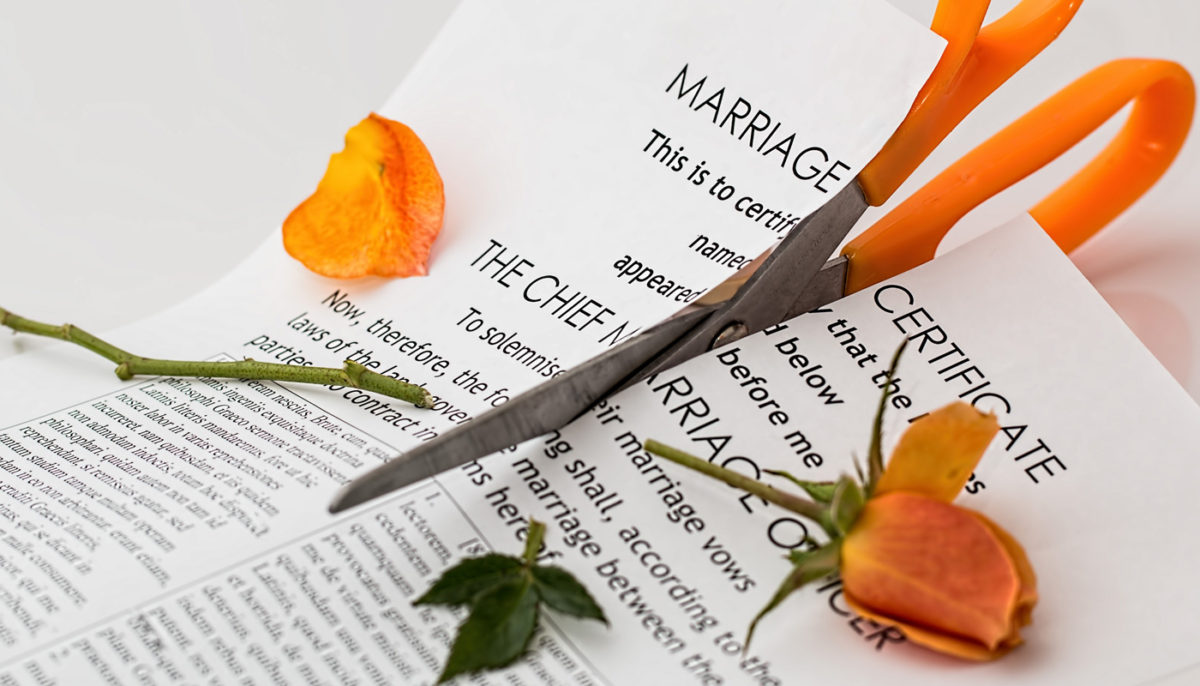When friends or family members get divorced, how do you know who to stay friends with on Facebook, or keep contact with?
What shows loyalty and support and what shows disrespect?
I have come across this question many times now and I hope this article will help you determine the response that is correct for you. The exception is if the couple is totally at peace and splitting up in a mutual consensual way. However if that were the case, this article would not be unnecessary.
Relationships can be difficult and messy because they involve feelings and emotions. Divorce affects more than just the couple. It affects all who know them.
Usually as a family member or friend you will fall into one of these categories.
A. His support system
B. Her support system
C. Neutral party
D. Children of the couple
The supports systems (Both A and B) are those that are usually but not always the immediate family. It usually, but not always, includes business partners, coworkers, childhood friends, and those that do not have close association with the other person of the couple.
This is the “safe-place” for the individual. If you fall into this category you should not be affiliating in any way with the other party. You should not be connected on Facebook, communicating with or spending personal time with that individual. You are either in Camp A or Camp B. This does not imply that you need to treat anyone poorly. If you see or come in contact with the other party, you still be yourself in kindness but you do not have to buddy up with them. Camp A or B is crucial in helping the individual deal with the loss, work through the anger, and work on themselves. It is not a good position for you to make the other individual bad and wrong by chiming in with your opinions of how they wronged your loved one. Help them to control what they have control of and release the rest. Help them to HEAL. Most people need a therapist that shares their values to guide them through this life change. I highly recommend having counsel to discuss deep hurts and heal so that the individual does not wear out their support system with negativity and dark emotions.
The third system is the neutral party. This is friends or acquaintances with both equally. This is a large group of people. It can be church related, community related, or old friendships. As a neutral party you are very aware of both parties’ feelings. It is advised that you DO NOT discuss either party with the other. No conversations of the other party or “updates” of any kind. These lead to gossip and choosing sides. It leads to a question of loyalty. It stirs up feelings and is like scraping a wound to the point of bleeding. On Facebook you will want to tread carefully as to not show favoritism. All of this may fade with time. It is very rare that there is not a chasm. It is very rare that two divorce and stay friends. A relationship may come later – but that usually takes years.
The fourth party is the children. This is the group I have the most compassion for. Their whole world comes crashing in. The things they believed in come crashing down. Their world is ripped apart. Depending on their ages, they have different responses, but it is never easy – even with adult children. I highly recommend they seek counseling. Sometimes the kids join together in a force and share emotions and feelings to help each other but it may be based on false information so they can draw decisions from one side or the other. Many times one parent or worse yet, both, will involve the kids in an unhealthy way and burden them with the breaking of the relationship. The parents may feel an insecurity of losing their children physically or emotionally and act to protect themselves, which can be very destructive. The couple is trying to deal with their own extreme hurts that they blindly involve their children and try to turn them against the other parent. The couple is trying to deal with their own extreme hurts that they blindly involve their children and try to turn them against the other parent. This includes using the kids as a source of information to find out what the other parent is doing. That is not acceptable. It takes a discipline and a very acute sense of self-awareness to avoid involving the kids in any way.
Boundaries need to be set. A therapist is skilled at helping this be developed. A very healthy boundary to set is the children do not discuss the activities of the other parent with either parent. Sometimes one parent will ask them to keep things a secret – this will not be necessary if the boundary is in place. The only time information should be shared is if it has a direct impact on the other parent. This is the time that the kids may be used to keep information that may impact or hurt the other parent and it would be more of an accomplice situation. For example: if the kids find out Daddy is dating or going on vacation – that is not information to share. However if Daddy is moving to a different city or across the street from Mommy and it will impact visits or schedules or daily living, that would be information that does not get kept private. So if the information affects the world of the other person, then it should be shared. Another boundary would be: one parent may not at any time speak negatively against the other parent. If the kids are old enough to have this in place, and both parties know this – it will be much more helpful to the healing of all.
Lots of mistakes are made in all parties in the first years of adjustment to this change. Divorce is destructive and ruins more relationships than the one marriage broken. Have a plan in place and define what party you fit in and act accordingly. If you aren’t sure, perhaps you talk to the individuals. Perhaps if you cannot choose A or B and you dislike the neutral zone, you can disassociate with both parties until your own heart heals.
Whichever camp you find yourself in I have a very strong word of warning: Each person has a perception of what happened, an opinion of the other person, and an attitude towards the broken relationship. That does NOT make it truth. It only makes it “their” truth. I believe there are three sides to every story His, hers, and God’s. God is the only one with the truth. He sees all and knows all, including the individual’s heart. Humans can be fooled by lies and deceits. Humans can be swayed by emotions and perceptions. God is steadfast; he is the one that is just and right. He is really the only one that matters in the end. I suggest you use Him as your authority when you decide your own conduct.
Trixie Overcashier

